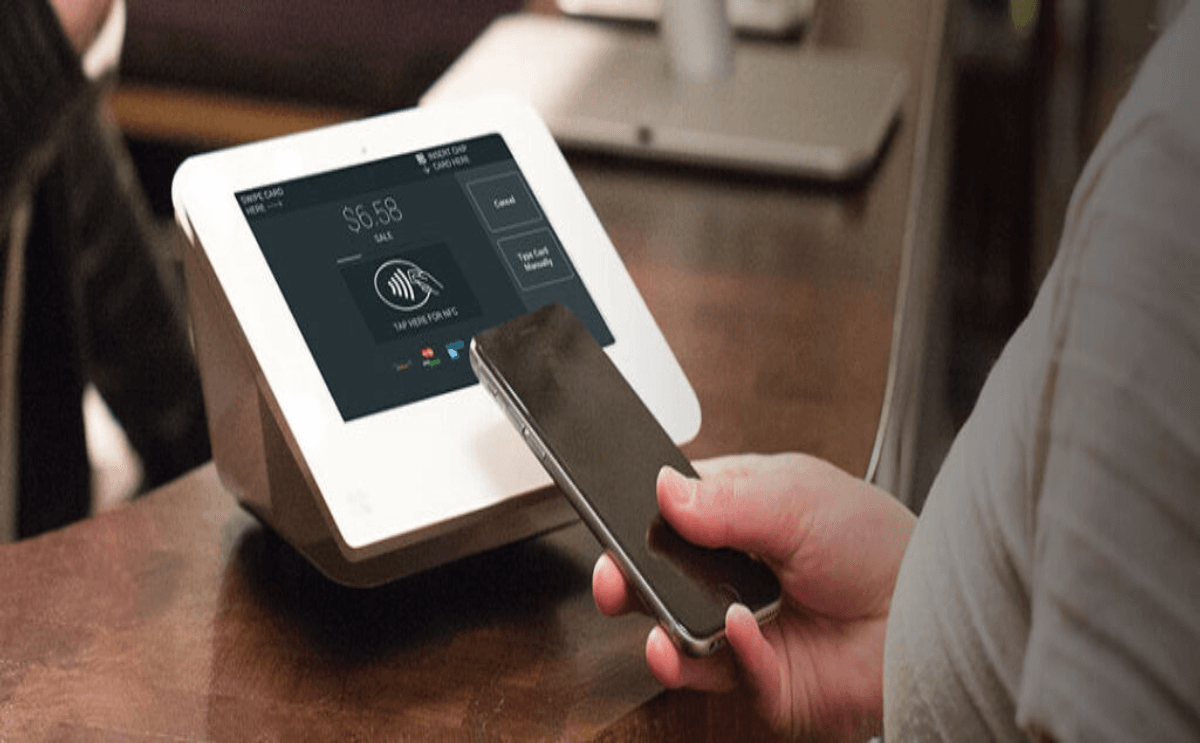Mobile Payment Processing Overview, Components & Functions
Mobile Payment Processing Overview
Mobile processing is a permanent part of the business landscape, and it is one that continues to grow in importance. Whenever a company decides to reconsider its business strategy to keep up with current demands, the payment system it uses should be a large part of that discussion. Mobile payments are a major component of many companies’ monetary collection systems, making this form of processing all the more important for businesses that want to have a competitive edge in today’s market.
A definition of mobile payment processing
Mobile payment processing, or mobile processing, is a way of accepting payments from customers or clients without using a traditional terminal. These payment systems are designed for use with phones, tablets, or other mobile devices to accept credit and debit cards.
Components & Functions
One of the things that make mobile processing so important is its flexibility. The components used in processing payments in a mobile setting are easy to adapt to a broad range of circumstances and are suitable for almost any industry. Companies that get at least some of their revenue from mobile businesses will find the different options useful and beneficial to their business overall.
Mobile terminals make it very easy for you to conduct business in any location. These terminals work just as easily outside or in vehicles as they do in homes with a good Internet connection, helping you keep up a consistent system for all of your payment needs. There is very little set-up involved, and you’ll have access to the same reliable performance, regardless of your choice.
Point of sale, or POS systems, are easy to adapt to mobile settings. The mobile versions of many POS systems work just as well as standalone setups as they do when used with a main terminal. Having these options available makes it far easier for companies to adapt to changing needs, including customer and client demand.
These systems are convenient because of the many component options that business owners can adapt to their circumstances. Company owners and their employees will appreciate being able to process orders effectively even when they are away from their stationary terminal systems. The customers will also appreciate the convenience, making this situation a win-win for all.
Greater security is also an enormous benefit of using one of these systems. All of the terminal and mobile POS options use quality encryption to protect customers’ data with each transaction. Taking mobile payments is also an alternative to handling a lot of cash, which many find safer for their field employees.
Effective For All & Superior For Some:
Mobile processing is a business development that works well across all sectors. One of the things your company can look forward to is an increase in sales volume due to the greater flexibility these options offer. Many customers have a distinct preference for companies that have mobile payment and service features. The businesses that benefit from them most include restaurants and food trucks, field services businesses, and businesses that offer field sales.
Restaurants and food trucks do particularly well with mobile payment systems. Since many restaurants offer catering or food delivery to their customers, having the ability to take payments on the go offers them a distinct advantage. Food trucks, being inherently mobile in nature, are also ideal candidates for mobile payments.
Businesses that provide their services in the field, such as building inspectors, landscapers, and event planners will benefit greatly from the flexibility of using a mobile payment interface. These solutions allow professionals to avoid the hassles associated with taking large amounts of cash or the potential risks of accepting checks.
Professionals with companies that specialize in field sales are also well-suited to accepting mobile payments. When making a sales presentation, a salesperson may lose a valuable opportunity if he or she is unable to convince prospects to buy right away. Access to an instant payment option makes many of those prospects more likely to make a purchase.
At companies without mobile terminals, employees must use countertop terminals and key in the information manually. Because the manual entry does not require the credit or debit card to be physically present, this method carries a higher risk of fraud. This, in turn, results in higher processing fees. Mobile terminals reduce risk and save costs.
Mobile Payment Processing Is Here To Stay: Processing Volume Is Exploding
Mobile processing makes up a large portion of today’s payment systems. As businesses continue to expand both in the US and abroad, the need for flexible payment options will grow with them. Keeping track of growth rates and trends will help you make better decisions when it comes to processing.
In 2016, John Rampton of Tech Crunch cited a report from the Federal Reserve showing that 39 percent of American mobile users made at least one payment using their device in 2015. At the time of his article’s publication, Rampton estimated that mobile payment usage would reach 70 percent by 2017.
The use of mobile payments is linked to the success of companies in general. In an article he wrote for Forbes, Tom Groenfeldt cited a study from NTT DATA, Inc. that found that companies using mobile payments grow faster than those not using them. Additionally, the use of payment apps that support mobile payments correlated with growth rates of more than 11 percent.
Before mobile terminals, credit card processing carried higher costs. Now, because merchants can use their accounts to sell in-store, online, or via mobile, they can save money.
Getting Started With Mobile Payment Processing For Your Business
Mobile processing is a tool that can help your business’s bottom line, and luckily, companies interested in converting to mobile payment systems can actually get started fairly quickly. Some of the things you may wish to consider in making your decision include:
- Will you only accept payments in a mobile setting, or will you also accept them in a physical setting?
- Does your business tend to take high-risk payments? If so, what are your security concerns?
- Does your business take payments primarily through a mobile device or through a mobile terminal?
Answering these questions can make it easier for you to determine your next steps as well as help you narrow down which mobile solutions are most ideal. Each business has unique needs, and there are different options that may suit your company’s circumstances.
When you accept mobile payments, your company will have an advantage that helps you compete against similar businesses. As the demand for mobile solutions grows, your company will be ready to grow right along with it.








